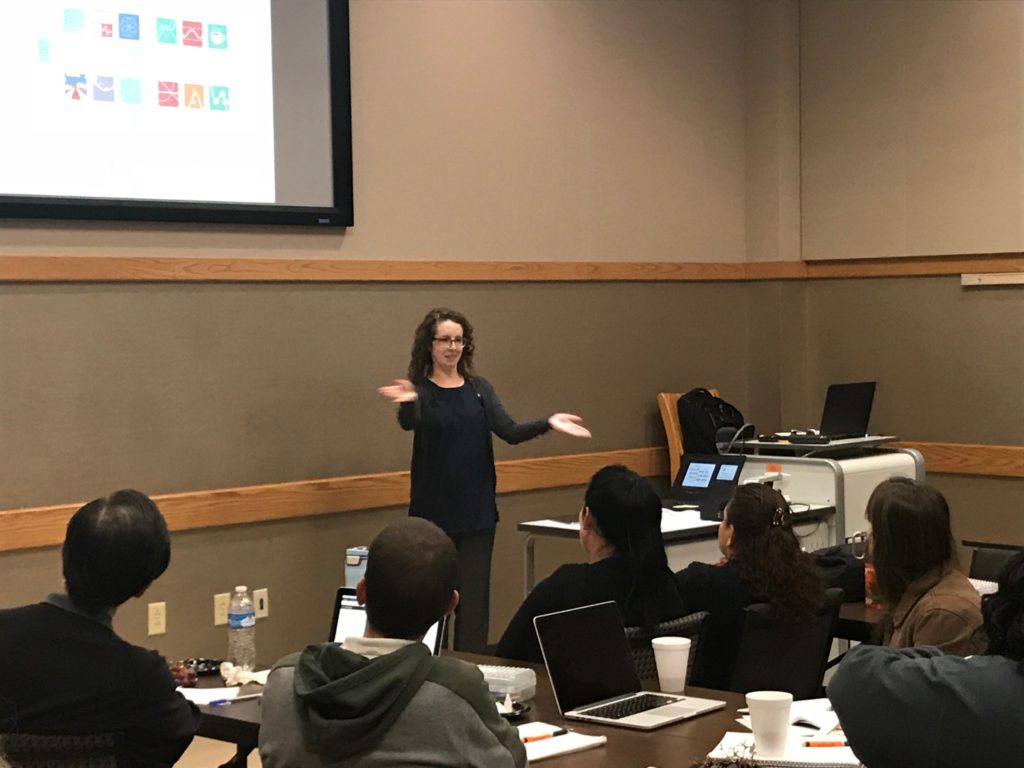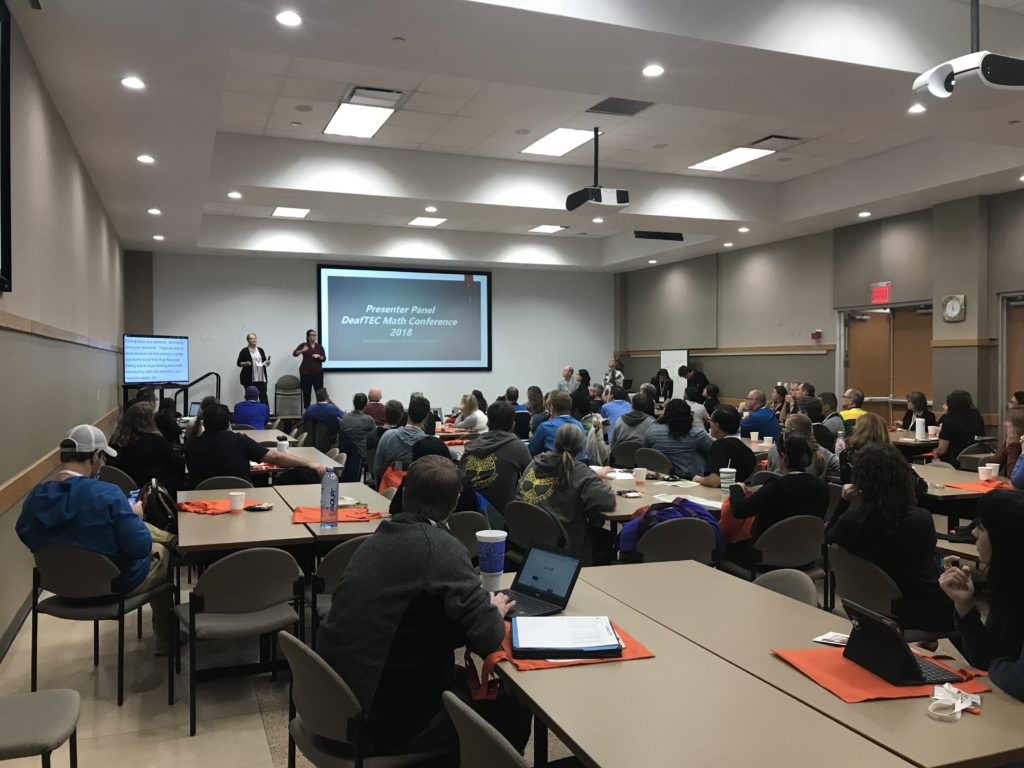Collaboration
There are often many opportunities to collaborate with others when hosting training events. Community agencies, universities and local colleges, school districts, employers, community arts and STEM programs, and grant recipients are just a few. In some cases, it is simply a matter of reaching out and asking.
There can be benefits for others to work with you as well and they may also be looking for partners. The benefits of collaboration are many. Shared resources, costs, ideas, and workload are just a few great reasons to work with others. It can create lasting partnerships that ultimately offer great opportunities for all learners.
Budget/Fiscal Considerations
At the end of the day, the budget will drive the ability to fund training. How extensive or conservative the venue is often depends on what funding availability or constraints exist. Knowing in advance what is needed to host a training and how you will fund it is essential. Keep in mind the following:
- Make a list of all costs for a venue. Plan for the unexpected and know that it almost always costs more.
- Do you have a grant or an established budget specifically for this purpose?
- Do you need to raise the funds?
- Will you be charging a registration fee or hosting exhibitors for a fee to cover expenses?
- Is there a third-party host funding the event, such as a civic organization or youth group?
- Make a list of unexpected costs or those costs that by nature can change based on participant needs. For example, the cost of facility use is typically a set fee, easy to predict. However, the cost of interpreters could change a great deal based on participant requests, much more difficult to have precise predictions.
- If the event is the result of collaboration between partners, how will costs be divided?
- How will you ensure clarity of agreement on who will be responsible for what?
- Should you consider some version of an official fiscal agreement, memorandum of understanding, or other fiscal documents?
- How formal versus informal agreement of shared fiscal responsibility should there be in place before you proceed with planning this event?
Planning for the Unexpected
There could be books written about the unexpected things that happen when planning an event. Much like a wedding, training events, student activities-whatever the project and no matter how much advanced planning occurs, glitches will happen.
Most of us who work in the arena of educating others know that being flexible is a most valued characteristic. In addition, patience and a sense of humor can take you a long way in getting through an unexpected crisis. We have planned for large groups and had only seven people show up. And, we have planned for small groups and had three times the number of participants show up.
One training was designed for a very specific group of sign language interpreters. A large number of Spanish interpreters showed up and decided to stay for the training. We made it work! And, their input was wonderful. So, good planning in advance will address many details, but also cultivating that “toolbox” that allows for quick “repairs” or adjustments will serve you well.
Evaluation/Feedback/Surveys
There are a number of ways to collect information on how successful are the venue outcomes.
Questions to Ask:
– Did you meet the expectations of the participants?
– Was the venue well thought out and executed?
– Were all goals and objectives met?
– Did participants complete the event feeling satisfied with what occurred and even wanting more in the future?
– What could you have done differently or better?
– What did not work as well as you had hoped or that you might not want to repeat?
– What types of training might participants want to see you offer later?
These questions and many more may elicit answers to how you deliver learning opportunities in the future. Results of evaluations may also serve additional purposes, such as meeting CEU requirements for training or justification for funding training in the future. Strategies for collecting information might be:
- On-site evaluations of an event are typically disseminated to participants and collected prior to them leaving. They can be completed using an evaluation tool online, by completing a pencil and paper form of some kind or even conducting a question and answer discussion with the group.
- Mid-training evaluations are a valuable way of collecting information from participants that can allow for trainers or instructors to adjust what they are doing, check in to make sure learners are comprehending the material, etc. This strategy is not implemented as often, perhaps because of the time, they take to do. However, if the feedback can produce adjustments that are meaningful to participants, it may be well worth the time and effort.


- Post-event evaluations are made available to participants days or even weeks later. They can be conducted with the use of online questionnaires or surveys of some kind or a mailing of hard copies or both. Historically, the return rate of post-event evaluations is quite low compared to retrieving feedback immediately after an event while participants are still in the room.
There are many ways to design or create evaluation tools or feedback surveys. Before deciding on a particular design, consider how much information you want to collect. And, how will you use the results of the evaluation process once you have them?
Perhaps you simply need a brief satisfaction survey comprised of 2-5 questions, rated from one to five. Or, you may want to collect in-depth information about each participant, why they attended, what they thought, are interested in additional training, etc, and want to ask questions that require narrative text.
The ease in collecting and analyzing the information between a simple Likert scale and essay responses will greatly differ. Also, in general, the more time and effort required to complete it, the less compliance you will likely get from participants. All of these issues should be considered before deciding what your evaluation design will be.


